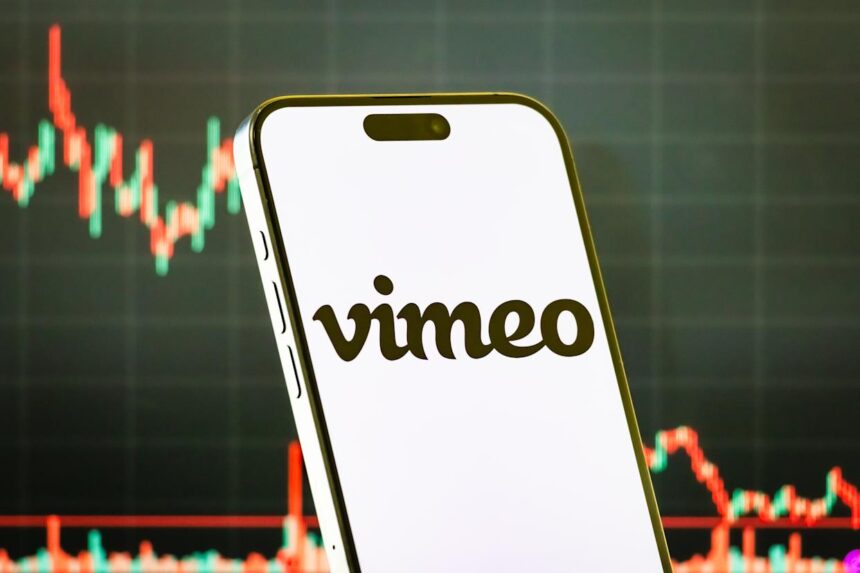Italian app developer Bending Spoons has agreed to acquire video platform Vimeo in a $1.38 billion all-cash deal, marking one of the year’s largest media-tech acquisitions. The transaction, expected to close later this year, will take Vimeo private after years of declining market value and shifting business strategies.
Once considered a polished alternative to YouTube, Vimeo spun off as a standalone public company in 2021. But its promise as a creator-first platform struggled against the scale of its competitors. Over the past four years, Vimeo’s valuation dropped by nearly 90 percent, leaving investors and users skeptical of its long-term relevance.
The acquisition offers Vimeo a fresh start under new ownership—but also raises questions about what will remain of its original mission.
Bending Spoons, headquartered in Milan, has built its reputation through bold acquisitions. Its portfolio already includes Evernote, WeTransfer, and Meetup, all of which underwent significant restructuring post-purchase. Users of those platforms saw both improvements in performance and cuts to legacy features—signaling how the company approaches “rescue” operations.
In announcing the deal, Bending Spoons CEO Luca Ferrari emphasized plans to “invest heavily in creator and enterprise tools, expand AI capabilities, and improve platform performance.” The message suggests a pivot toward advanced features and monetization models that might strengthen Vimeo’s value to businesses and professionals.
Opportunity and uncertainty for creators
For creators and small businesses, Vimeo’s acquisition could open new opportunities. With access to Bending Spoons’ resources and technology expertise, the platform may evolve into a more efficient, AI-powered tool for video hosting, editing, and distribution.
But there is also unease. Past acquisitions by Bending Spoons have included mass layoffs and sunsetting of beloved features. For long-time Vimeo users, the risk is that the platform they built careers and communities on may change in ways that prioritize profitability over user experience.
The deal underscores a broader shift in the digital economy: creative platforms are increasingly moving out of public markets into the hands of private, agile tech operators. While this can bring stability and investment, it also concentrates decision-making power in fewer hands.
Industry analysts warn that such consolidation has implications beyond shareholders. It affects creators’ autonomy, competition in the sector, and the cultural role of digital platforms in shaping online expression.
Why it Matters
The future of Vimeo now rests on whether Bending Spoons can strike a balance between revitalizing the platform and preserving its identity as a space for creative professionals.
The acquisition is a reminder that in the digital economy, platforms once seen as community-driven can be reshaped—sometimes drastically—by private ownership. For millions of creators worldwide, it raises a pressing question: who ultimately controls the tools that power their work?
Talking Points
Bending Spoons now controls Evernote, WeTransfer, Meetup, and soon Vimeo. This is not just business strategy—it’s concentration of power. When one company can shape the way millions of people store ideas, share files, organize communities, and host videos, it creates a dependency that weakens user autonomy. For Africa, where local alternatives are scarce, this trend should raise alarms.
Platforms acquired by private firms often pivot sharply toward profitability. For Vimeo, this could mean prioritizing enterprise clients and AI monetization over individual creators. The danger here is that African storytellers and small businesses, who rely on affordable tools to compete globally, might be sidelined in the rush to chase corporate dollars.
While the West debates the future of creator tools, African governments and investors remain largely reactive. We talk about digital transformation, but where are our homegrown video platforms, file-sharing tools, or creative ecosystems?
The Vimeo sale is another wake-up call: if Africa does not invest in building its own platforms, it will forever play by someone else’s rules.





